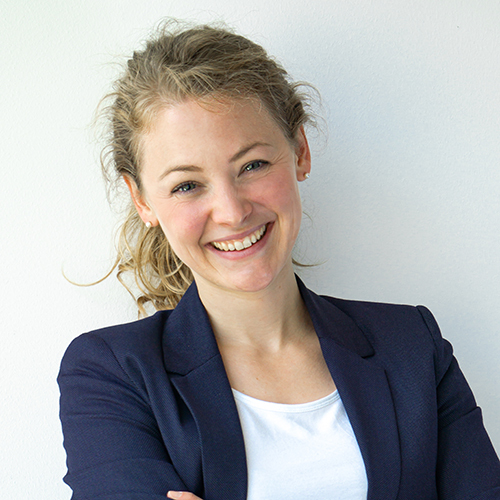For the new local transportation plan, the focus is on the mobility behaviour and mobility needs of the population. Based on this, the timetables and routes were recalculated. The target network 2030 is supposed to contain more than 60 bus routes, for which the traffic experts at ioki have analysed relevant and anonymised mobility data and have undertaken in-depth simulations. Based on data studies by ioki, Planersocietät has drawn up appropriate measures and recommendations for action.
Detailed traffic model for an optimised passenger experience
In practice, this means that in the future, the routing of bus lines and the position of stops will be based on the needs of passengers. New direct connections and stops could significantly shorten travel time with public transport services and make it more competitive with the private car. The public transport network should significantly improve the journey time ratio. It describes the ratio of travel time by public transport to the travel time by private car and therefore also the competitiveness of buses and trains.
This is made possible by the combination of different mobility concepts. The complex network of metro, city, regional and express buses could form the backbone of public transport in Wiesbaden and the Rheingau-Taunus district in the future. During the night hours, on-demand transport could also supplement the regular service and keep citizens mobile in an environmentally friendly way.
« The opportunity to plan public transport in the state capital Wiesbaden from scratch on a blank sheet of paper is as unique as it is challenging. The decisive building block for this is taking the need for pathways and connections, which was determined by the planning office, as a basis. Attractive public transport services in a city must also consider the parameters of actual demand, development quality, public welfare and economic efficiency. From my point of view, the planning team for Wiesbaden has achieved a good proposal, » explains ESWE Transport Managing Director Jan Görnemann.
Planning consortium provides proposals for replanning
« The success of the mobility turn depends on integrating local public transport into the everyday mobility of the population to make it efficient and attractive in the long term. By using the fulfilment of mobility needs as a quality characteristic, we are taking public transport to a new level and making it competitive with the private car. In Wiesbaden and in the Rheingau-Taunus district, this is being tackled sustainably and comprehensively, » explains Michael Barillère-Scholz, Managing Director and co-founder of ioki GmbH, about the promising approach.
« With the complete redesign of the bus network, Wiesbaden and the Rheingau-Taunus district are choosing an innovative path towards a more attractive local public transport. Thanks to the user-centered analysis from ioki and the precise conception of Planersocietät, an innovative local public transport network is being created that ideally serves the mobility needs of citizens. The optimisation of timetables, line management and new bus routes will make public transport more competitive and attractive. Together, we are designing a sustainable transport solution for the future, » says Gregor Korte, Team and Project Manager for the public transport sector at Planersocietät.
The planning was supported by the participation of the public. Citizens were invited in March and April as well as in October and November to contribute their ideas for the design of the local public transport system. Planersocietät has accompanied this comprehensive involvement of the public as well as political and social actors in the planning process.
The planning results developed in recent months serve as proposals for the replanning of public transport in the Wiesbaden and the Rheingau-Taunus district. The results will be submitted to the political bodies for a vote in the course of 2024.
The current status of the planning and the target network can be found here:
Analysis of the local transport plan for the target network 2030 in the state capital of Wiesbaden
Key figures from the draft for the target network 2030:
- More than 60 lines are supposed to be created in new and different product categories consisting of metro, city, express and regional buses.
- For the design of the target network, around 50,000 timetable kilometres were replanned for the metro and city bus lines and around 20,000 timetable kilometres for the regional and express bus lines.
- In Wiesbaden, around 450 stops could be connected in the future as a result of the new line concept, and around 500 stops in the Rheingau-Taunus district.
- With around 450 stops in Wiesbaden, an on-demand service could supplement public transport at night.
- The travel time factor improves from 1.6 to approx. 1.3 as a result of the redesign of the service.

